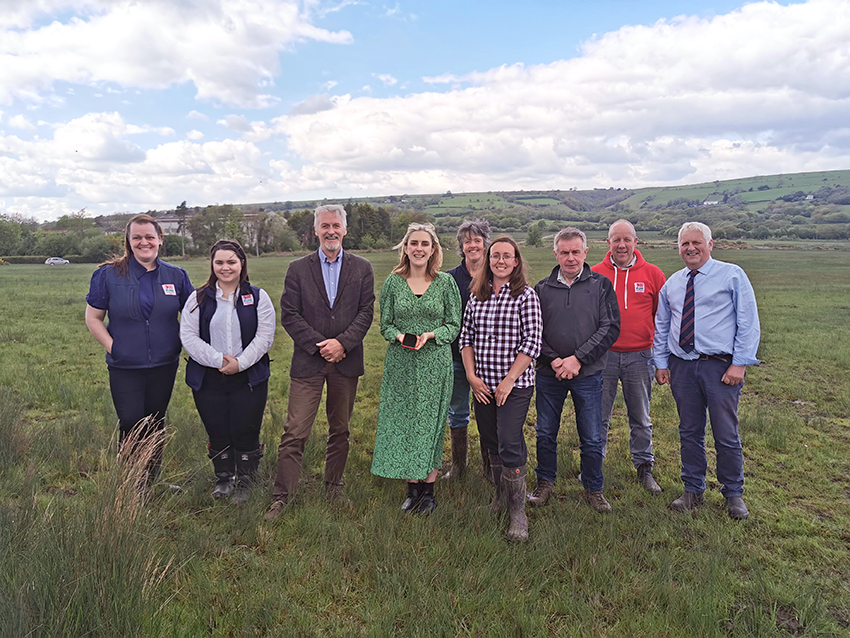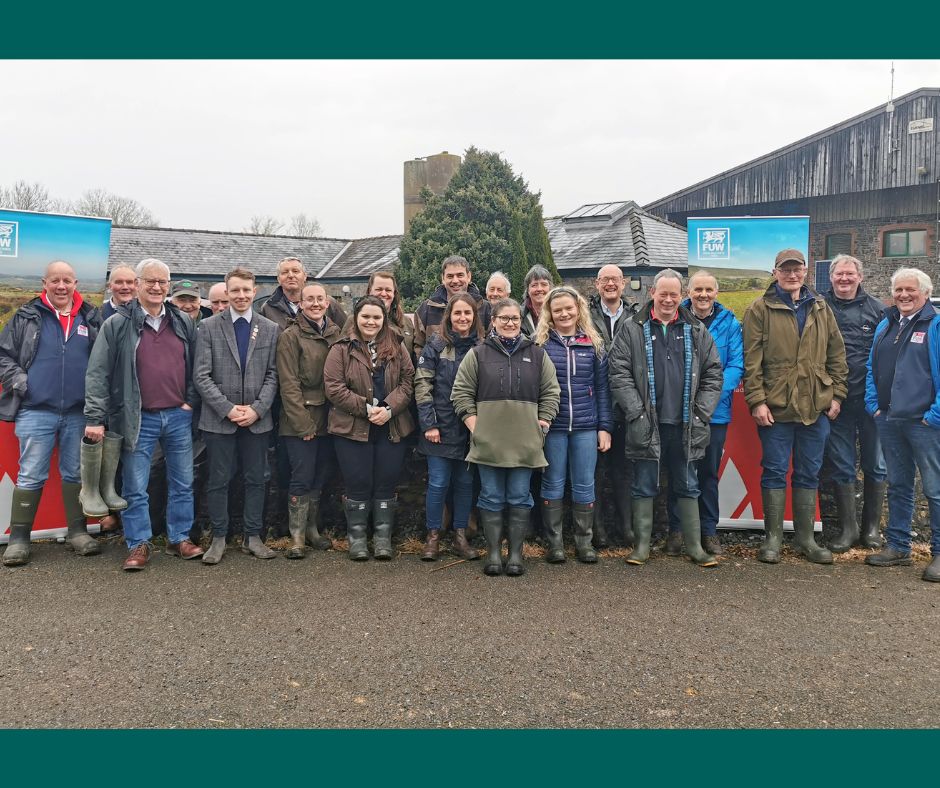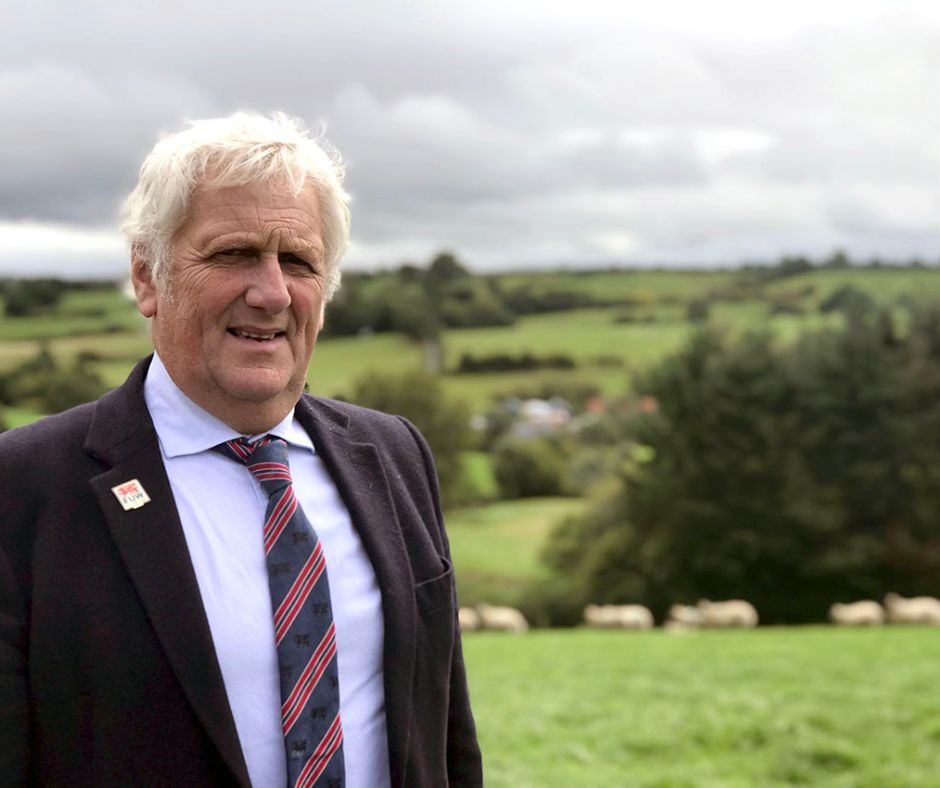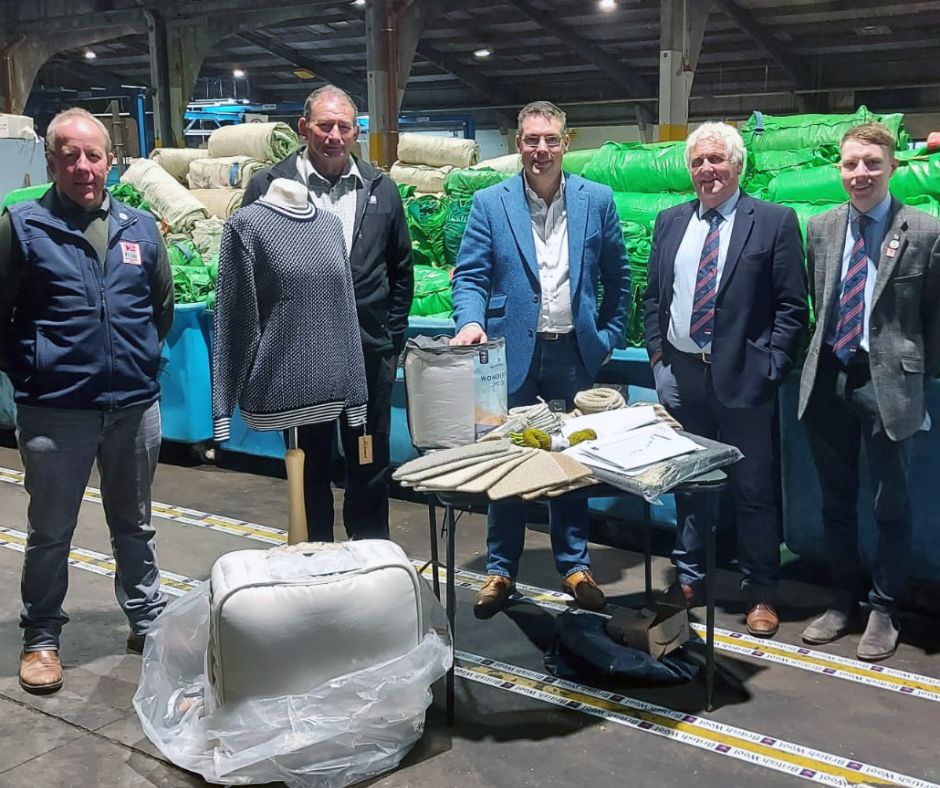“The Agriculture (Wales) Bill must support the next generation of farmers” - that was the key message from the Farmers’ Union of Wales Younger Voice for Farming committee chair, Gemma Haines, at a meeting with local Members of the Senedd.
Welcoming Sarah Murphy, MS for Bridgend, and Huw Irranca-Davies, MS for Ogmore, to her farm, Gemma stressed that it was disappointing that there is still no explicit mention of support for young/new entrants in the Agriculture (Wales) Bill.
“Whilst there is an opposition amendment tabled at Stage 3 which would correct this, and the FUW has lobbied for this to happen since the introduction of the Bill, support for tenants, new entrants and common land graziers are also missing from the Sustainable Farming Scheme (SFS) proposals. We urgently need to correct this so that these new policies support the next generation of farmers,” said Gemma Haines.
Mrs Haines added that it was encouraging to see that as part of the ongoing co-design, working groups have been set up on each of these areas.
“We hope the outcomes of the groups will be reflected in the final consultation expected later this year,” she said.
Union officials further stressed that the Universal Actions and SFS contract length must be achievable (or flexible enough) and proportionate for all farming systems and regions (including tenants and commoners), with a high enough associated baseline payment to ensure a critical mass of farmers are able to access the scheme.






